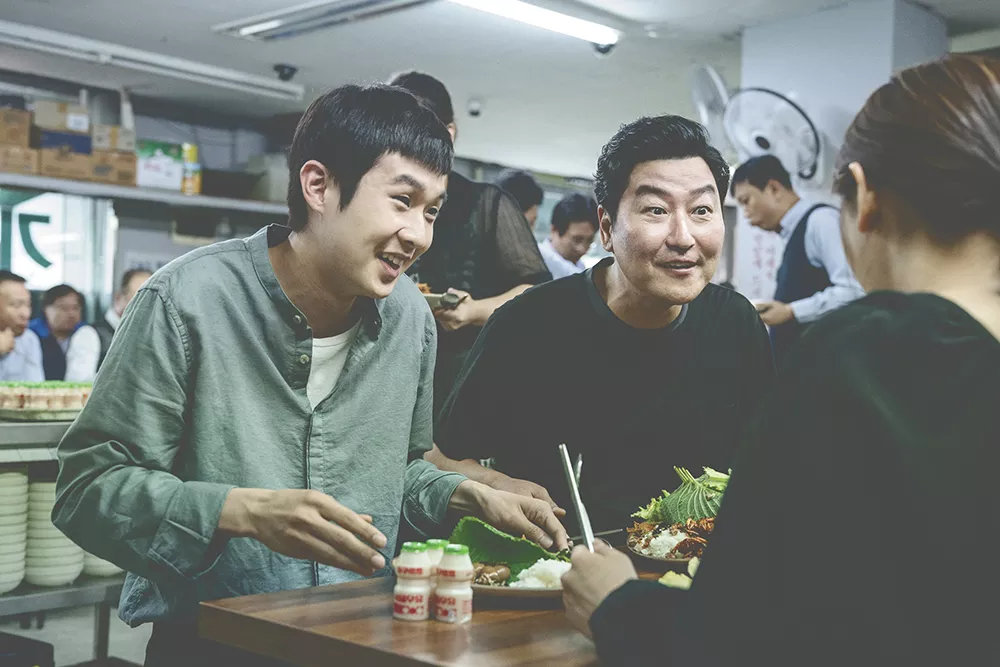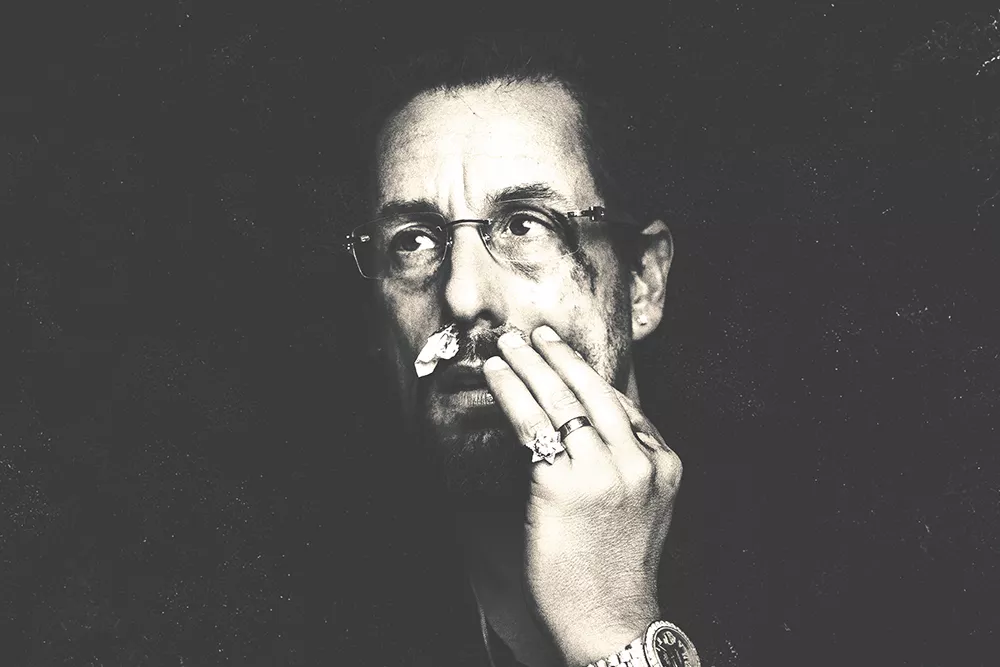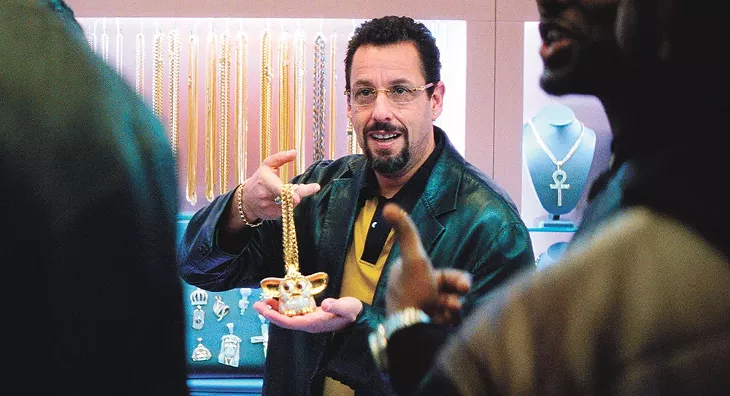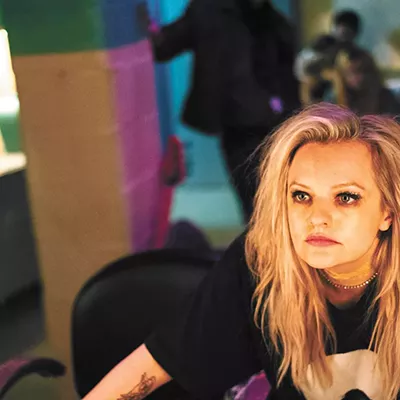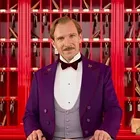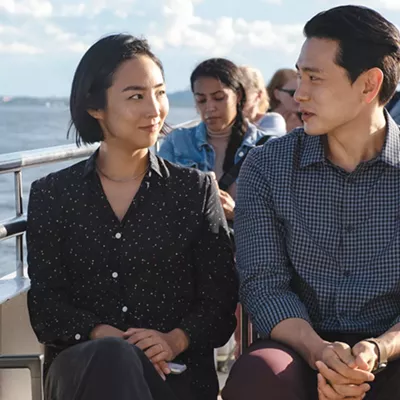In storytelling, tone is a delicate thing. Take one step too far in a certain direction, or lean too heavily on one style over another, and the spell is broken. But so many of 2019's best movies took big chances and successfully oscillated between seemingly conflicting poles — consider the undefinable genre gymnastics of Parasite, the mix of broad comedy and wounding drama in Marriage Story, the queasy hilarity that propels Uncut Gems.
Before I get into my top 10 proper, here's another handful of movies (in no particular order) that also made an impression on me. Consider them in a tie for 11th place.
- The Aretha Franklin concert film Amazing Grace and the NASA visual essay Apollo 11, historical texts refurbished for 21st century audiences
- One Cut of the Dead from Japan and Long Day's Journey into Night from China, both using long, unbroken takes to wildly different effect — one for slapstick comedy, the other for dreamlike abstraction
- Marielle Heller's A Beautiful Day in the Neighborhood, a strange and gentle testament to the power of kindness
- The Last Black Man in San Francisco, a collaboration between director Joe Talbot and star Jimmie Fails, which used flights of fantasy and bursts of musicality to explore urban gentrification
- Greta Gerwig's luminous Little Women, which found something fresh to say about a 150-year-old novel
- Us, another stylish, disarmingly funny horror film from Jordan Peele about identity, race and class
- Jennifer Kent's brutal revenge tale The Nightingale, which upends genre conventions as it reveals the cultural scars of colonialism
- Olivia Wilde's uproarious and inventive teen comedy Booksmart, the funniest American film of the year
- Diane, by film historian Kent Jones, a meditation on the beautiful mundanity of life, aging and death
And that's just scratching the surface. Of the nearly 200 new releases I saw in the last 12 months, the following titles are the ones that surprised, enchanted and moved me most, that took the notions of conventional narrative structure and smashed them to bits, the movies that I'll be thinking about and arguing about and revisiting over and over again.
10. PAIN & GLORY
Pedro Almodóvar has often mined his life and career in metatextual ways, yet this is the closest he's gotten to a cinematic memoir. Antonio Banderas, who owes his career to Almodóvar, does his best-ever work as a fictional version of the great Spanish filmmaker, confronting his own physical deterioration and reflecting on the decisions he's made with wistfulness and maybe a tinge of regret.
9. ASH IS PUREST WHITE
From Chinese master Jia Zhangke, this begins as the tale of a gangster and the woman who loves him but soon becomes, following a moment of sacrifice and a journey toward independence, something much deeper. It's really a study in contrasts — of a life in crime versus a life lived honestly, of China's hard-and-fast traditions coexisting with its newfound modernity — that has the sweep of a great novel.
8. THE FAREWELL
Another portrait of contemporary China, this one a bittersweet comedy about the universality of grief and how different cultures deal with death. Writer-director Lulu Wang was inspired by her own family and even cast some of them as fictional versions of themselves, and she details how they all conspired to keep her beloved grandmother in the dark about her own terminal cancer diagnosis. Funny, yes, but also quietly devastating, and buoyed by rich, humane performances from Awkwafina and Zhao Shuzhen.
7. MARRIAGE STORY
Noah Baumbach, the poet laureate of bilious comedies featuring prickly artist types, has made one of the most generous films about the pains and contradictions of divorce. Anchored by brilliant performances from Adam Driver and Scarlett Johansson, Baumbach gets uncomfortably close to a couple coming apart at the seams, letting us in on the minutiae of the legal process and the daily microaggressions that boil over into contempt. It's a movie of small, nearly imperceptible gestures, and the cumulative power of everything you've seen comes crashing into you at the very end.
6. ONCE UPON A TIME... IN HOLLYWOOD
The first time I saw Quentin Tarantino's ode to Tinseltown and the waning moments of '60s innocence, it seemed a bit too shaggy and shapeless for its own good. Rarely has a movie transformed so completely upon rewatch: All its apparent lulls and discursions serve a dramatic purpose, and while some of its narrative decisions still give me pause (it launched a thousand think pieces for a reason), it's a surprisingly wistful period piece that luxuriates in the look and feel of a bygone era.
5. HER SMELL
Intense, challenging and, in the end, weirdly cathartic, Alex Ross Perry's portrait of a rock star in the final stages of her downward spiral is one of the most unapologetically raw depictions of excess I've ever seen. It practically pummels you with the sheer force of its vision, trapping you in its protagonist's headspace with woozy cinematography and a deliberately overwhelming sound design, and its bracing lead performance by Elisabeth Moss inspires as much awe as genuine fear.
4. THE LIGHTHOUSE
A wind-whipped nightmare, a deranged comedy, a slimy Lovecraftian mystery — The Lighthouse is oh so many things, none of them easily definable. As with his impressive debut The Witch, Robert Eggers wrings paranoia and pitch-black humor from a plot that has the allegorical simplicity of a folk tale, with Robert Pattinson and Willem Dafoe hamming it up as lighthouse keepers who succumb to the claustrophobia and isolation of their jobs. On top of everything else, its disturbing, stomach-churning imagery is made lustrous by the most beautiful black-and-white photography this side of the German expressionist movement.
3. PARASITE
Bong Joon-ho's twistiest contraption yet, the story of a con artist family insinuating itself into a wealthy household and getting much more than they bargained for. He's never been one for subtlety — not only does he trot out Metaphors-with-a-capital-M, his characters comment on how metaphorical they are — but Bong manages to make this into a compelling look at the literal and figurative barriers separating the haves and the have nots, an evisceration of capitalistic tyranny that has the clockwork timing of a screwball comedy. It's shocking, hilarious, biting and unbearably tense, sometimes within the same scene.
2. THE IRISHMAN
A towering American epic from Martin Scorsese, who revisits the themes and motifs that have defined his career and imbues them with an old timer's wisdom. Robert De Niro hasn't been this good in so long, playing a middleman for the mob who alienates his own family and buddies up to Jimmy Hoffa over the course of 50-plus years. At 200 minutes, the film has the luxury to show us the scope of an entire life, and it ends as a rebuke to so many flashy gangster stories that Scorsese's influence has wrought, emphasizing the hopelessness and loneliness of the violent men he has so long been fascinated by.
1. UNCUT GEMS
Josh and Benny Safdie really get a kick out of ratcheting up our blood pressures, and they do it a million times over with this white-knuckle, ticking-clock thriller that places the unbearable weight of one man's increasingly bad decisions squarely on our shoulders. In one of their wildest gambits, the Safdies have cast Adam Sandler as their tragic hero, and he reminds you how great he can be when he actually tries. His Howard Ratner is a Long Island jeweler and compulsive gambler who's always in the process of making just one more bet to get himself out of the red, and he's the kind of weirdly charismatic stooge who's either the dumbest guy on the planet or a stealth genius. Hilariously tense and exquisitely structured, Uncut Gems harkens back to the down-and-dirty filmmaking of the 1970s, with overlapping dialogue and restless cinematography and a bustling cast of two-timers and petty crooks played by a mix of amateurs and old pros. It's exhilarating and horrifying in equal measure, and features some of the most electric, unpredictable filmmaking of the year. ♦



